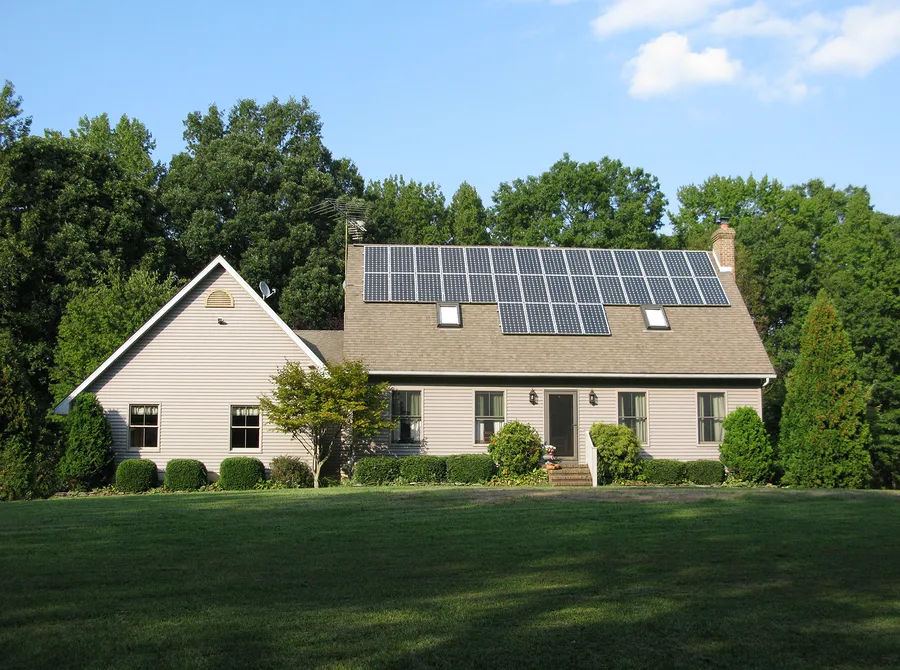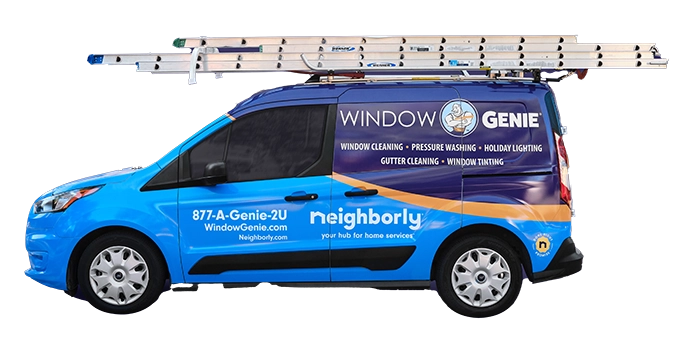
Solar panel popularity is on the rise, especially in the Southwest where solar energy is becoming more accessible and inexpensive. Also, the go-green attitude many are adopting seems to motivate a lot of homeowners to seek out cleaner energy options. Advancements in technology have made it possible for homeowners to not only power their homes with solar energy but also make it profitable while being gentle on Mother Earth. Solar panels are no longer a poor man’s dream, but what about maintenance? As long as we’ve had solar panels, we’ve argued over whether or not they should be cleaned. To clean, or not to clean… that seems like an odd question, huh? We are a cleaning company, so spoiler alert: we think you should have your panels cleaned if you want them to work at peak efficiency at all times. Much to our surprise, a lot of manufacturers have claimed that their solar panels are “self-cleaning” and therefore save you money, time, and effort because they’re so “low-maintenance.” What they mean is that it should rain enough for your panels to stay clean and efficient… enough. With that logic, we could argue that your windows, roof, siding, deck, sidewalk, and driveway are all “self-cleaning,” too. They’re outside, so if it rains once in a while… they must be clean, right?
Cleaning companies like Window Genie find themselves having to explain to clients that a dirty solar panel, even of the “self-cleaning” variety, just isn’t going to be efficient. Why? A common term used to describe dirty solar panels is “soiling.” Soiling is the collection of pollution on solar panels that ultimately impedes the sun’s rays, deeply affecting their efficiency. Dirt, acid rain, bird droppings, sand, and pollen are all forms of soiling. Dirt and bird droppings are the most common and also the most power zapping of all the solar panel soiling because once they dry and cake on, no amount of rain is whisking them away. YES, in certain areas, soiling is less of a problem than in others. For instance, southern California doesn’t have to worry about dirt because there is rain frequently enough to keep solar panels clean. We’re talking more like Arizona, where rainfall is very rare. But if it’s raining all the time where you live, why do you have solar panels? Is there enough sun to justify that purchase? I digress…
I promise we did our research. Soiling is a fact and not a fun one. The real argument is at what point the soiling of a panel causes a large enough loss of conversion to necessitate a cleaning. According to Seamus Curran, Associate professor of physics at the University of Houston and Director of the Institute for NanoEnergy, “A dirty solar panel can reduce its power capabilities by up to 30 percent in high dust/pollen or desert areas.”
Professor Curran’s statement is backed by a couple of studies:
A whitepaper published by Atonometrics cites several studies, but one in particular produced by the PowerLight Corporation showed that soiled panels lost 20% efficiency. Without any rainfall that number skyrockets to up to 0.3% daily. Another study cited in the whitepaper stated that they found soiling losses at up to 9% a week.
Cyprus University did an interesting study trying to find out the effects of soiling on different types of solar panels. What the study shows is exactly what other studies have shown; no breaking news here. The reduction in performance from soiling was around 13%. The interesting part of the study was that this reduction held even after rain. The study concluded that panels need to be cleaned every three weeks during the dry season. If there is a dust storm followed by rain the panels should be cleaned immediately. The reasoning is simple. Heavy rain and lots of dirt equal mud which clumps, sticks, and cannot be penetrated by rain let alone the sun.
So you are probably wondering “How do I clean my solar panels?” The answer is pretty simple! Cleaning solar panels is as easy as cleaning a window. The difficulty depends solely on the location of your panels since most solar panels are located on the roof or an elevated surface. Climbing on roofs or using ladders can be dangerous. That is why most professionals use a water-fed pole. We’ll have to write another blog post just on the magic of water-fed poles – they’re great. Several factors can cause problems when cleaning your panels like hard water or improper chemicals.
The conclusion is simple. Solar panels are an investment. They have one purpose, and that is to provide you with cheap, efficient energy. To get the best results from your solar panels, clean them when it is necessary. Scheduling regular cleanings will ensure your panels are performing at their peak ability. Window Genie offers discounts based on the frequency of service to reward loyal customers who take great care of their homes. Bundle your services and we’ll take care of your every need in a day. Every technician is fully trained, insured, bonded, and has passed a background check. Also, estimates are always free!
For the rest of your home service needs, check out one of our many sister companies Neighborly.
